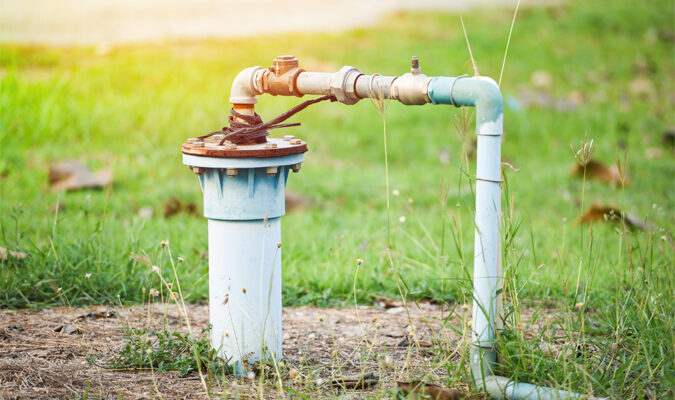
Having a well on your property can be a beautiful addition, not to mention practical for everyday tasks. However, like many other outdoor features, a well requires constant maintenance.
Well maintenance doesn’t have to be difficult if you know what to look for and what to do. Here are some simple tips to ensure your well is kept in tip-top condition all year round.
Well DIY
You may think that attempting to service your own well will be cost-effective and even something you can eventually add to your list of skills. However, it’s highly likely you’ll cause more damage than good if you do it alone.
Removing the well cap to attempt maintenance could lead to bacteria and other contamination in your well. There are also more complicated jobs, like replacing a well pump that should be done by a professional. You can view more on well pump replacement in this article.
Prevent Instead of Spend
As with anything else, keeping your well maintained is the best way to avoid costly repairs. Small problems that aren’t dealt with through maintenance can become bigger more problematic issues.
Arranging for your well to be checked by a professional every two years could help you avoid problems that can develop into big costly fixes.
What’s Involved In A Check-Up?
What can you expect from a well water maintenance check-up? During the check-up you can expect all aspects of your well to be checked for problems. The water quality will be checked, along with a flow test.
The water level will be checked, along with pump motor performance and the well’s pressure tank. Some other checks include:
- An inspection of well equipment (sanitary checks and local requirements check).
- Watertest for bacteria and coliform (performed three times a year as per usual requirements).
What You Can Do
There are some things you can do to ensure your well doesn’t suffer any unnecessary damage. For example, you should make sure hazardous chemicals like that in paint, fertilizer, or motor oil, are kept away from the well.
Similarly, you can check the well cap every few months to spot any signs of erosion or other damage. While mowing or maintaining grounds around your well, be sure to leave a suitable amount of space between where you work and your well to avoid contamination.
Wells can generally last for up to forty years in good condition but after that time they may need to be reconstructed. Your water well contractor will be able to give you more information on when your well may need renewing.
Getting Well Maintenance Right
Well maintenance can be a tricky business, so it’s best left up to the professionals. If you’re keen to keep your well in good condition, ask your maintenance professional what you can be doing periodically to give your well a long life on your property.
Leave a Reply